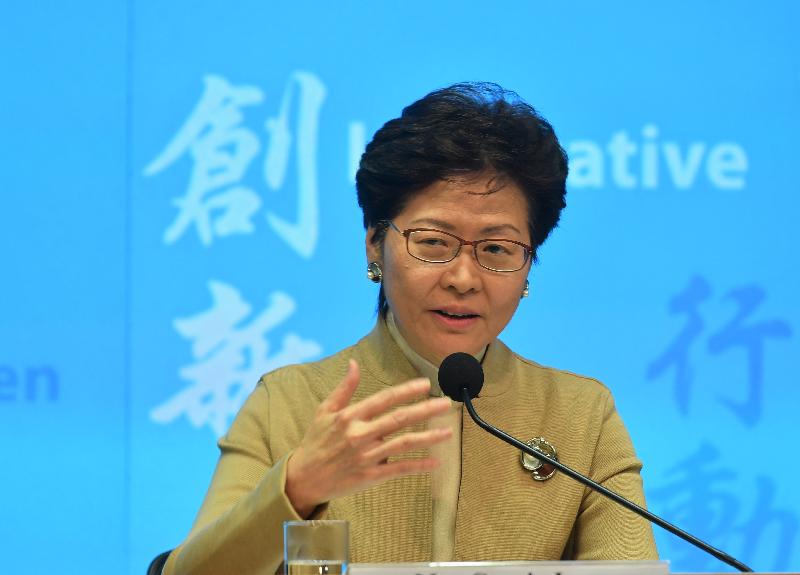New Employment Support Supplement to encourage CSSA able-bodied adult recipients aged between 60 and 64 to engage in employment
The Government today (January 18) announced that starting from February 1 a new Employment Support Supplement (at a fixed rate of $1,060 per person per month) under the Comprehensive Social Security Assistance (CSSA) Scheme would be provided to able-bodied adult recipients aged between 60 and 64 with a view to encouraging them to join the labour market and remain in employment.
A Government spokesman said, "From February 1, the eligible age for elderly CSSA will be adjusted from 60 to 65 and the Social Welfare Department (SWD) will provide the Employment Support Supplement to able-bodied adult recipients aged between 60 and 64 to provide better employment support for persons affected by the adjustment.
"The amount of Employment Support Supplement will be set at the difference between the monthly CSSA standard rates applicable to singleton elderly and singleton able-bodied adult recipients, which is a fixed rate of $1,060 per person per month from February 1. The amount will be adjusted annually according to the established mechanism. The new supplement seeks to encourage able-bodied adult recipients aged between 60 and 64 to join the labour market. It is also applicable to employed able-bodied adult recipients in this age group to support them to remain in employment. Apart from this new supplement, these recipients are also eligible for other assistance applicable to able-bodied adult recipients."
The Government is committed to providing support for the employment of mature persons, and its efforts include staging large-scale thematic job fairs and district-based job fairs on part-time employment. The Labour Department also enhanced the Employment Programme for the Middle-aged, which has become the Employment Programme for the Elderly and Middle-aged, to encourage employers to hire mature persons through an on-the-job training allowance. Furthermore, the Employees Retraining Board has been providing suitable courses for mature persons. Mature persons may also make use of the Continuing Education Fund to further their learning. In addition, the SWD will extend the existing services under the Integrated Employment Assistance Programme for Self-reliance for 12 months from April 1 this year. The programme will provide comprehensive employment support for able-bodied adult recipients aged between 60 and 64.
The Government announced in the Policy Address in January 2017 a package of social security measures including the adjustment of the eligible age for elderly CSSA from 60 to 65. Other measures, including raising the asset limits for the Normal Old Age Living Allowance, and introducing the Higher Old Age Living Allowance and the Fujian Scheme, have been implemented.
As stated by the Government earlier, the redefinition of elderly CSSA from 60 to 65 is premised upon the improved life expectancy of the population in Hong Kong and the trend of extending the retirement age to 65. Persons aged between 60 and 64 who have received elderly CSSA before February 1 this year will be "grandfathered" and will not be affected. The CSSA payments of disabled persons or persons in ill health will not be affected either. They will, regardless of age, continue to receive CSSA payments which are higher than those applicable to able-bodied adults.






